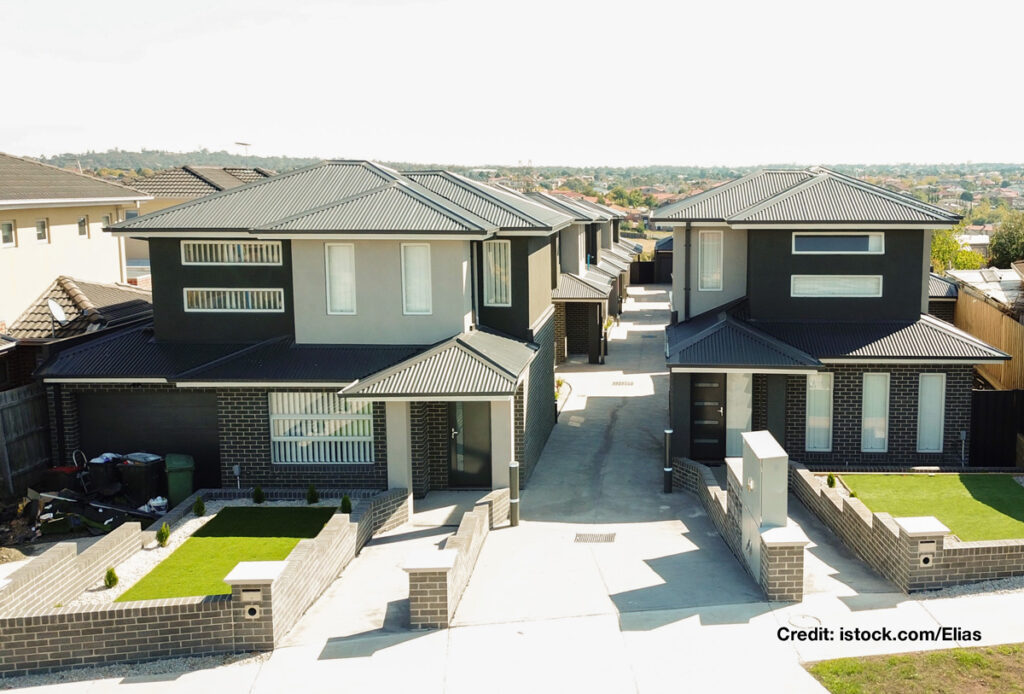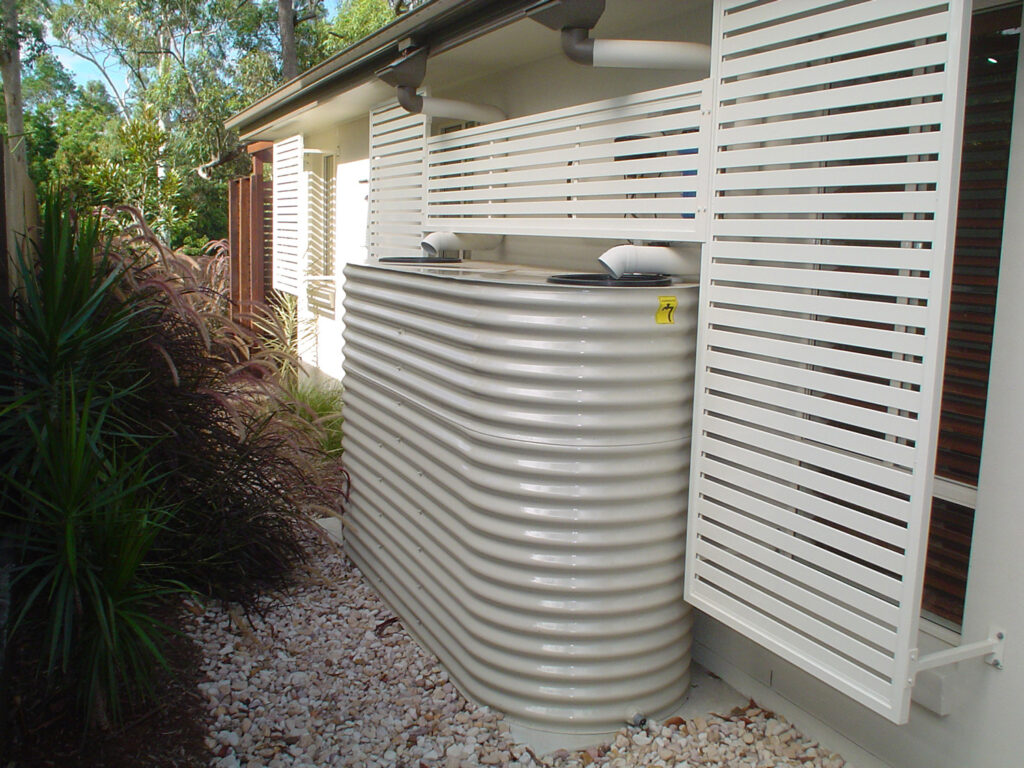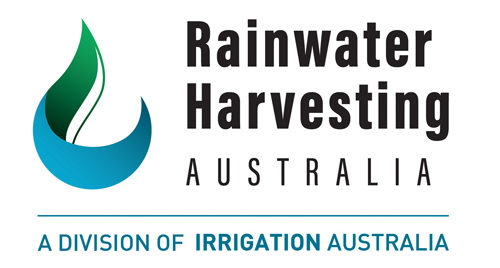Water is the most precious resource we have; without it we can’t survive. As a limited resource, it has to be managed carefully, particularly on the driest inhabited continent on earth. As a result, New South Wales introduced the Building Sustainability Index (BASIX) in 2004 to ensure new homes and major renovations were sustainable and protected our water and energy resources. Using water and rainwater efficiently uses less infrastructure, less energy, is much better for our local waterways and works with nature, not against it.

As a result of BASIX, Greater Sydney already saves 30 billion litres of rainwater each year and 49 billion litres each year in water efficient appliances. This saves approximately 13% of Sydney’s utility water use. While these savings may not appear to be a great deal, when the dams supplying NSW’s water are in a drought this represents almost the entire capacity of the Sydney desalination plant. Following the controversy surrounding the water allocations in the Murray Darling system, there are increasing doubts about the Federal and state governments’ ability to manage water efficiently, so it is important that considerations like BASIX not be tampered with leading to a more major disruptions to business.
The NSW Government, however, is considering recommendations to remove the rainwater harvesting requirement from BASIX to be decided later this year. While this would surprise many people, there are some powerful forces seeking to remove rainwater harvesting to protect their business interests.
One of the key findings of the original BASIX research was that builders don’t receive any benefit from installing water efficient equipment which would result in lower water bills as well as reducing the need for expensive infrastructure for water efficiency. As a result, builders are generally opposed to BASIX as it adds to their time and costs. The water industry would also much prefer customers to use utility water rather than rainwater as they are in the business of building and maintaining water infrastructure.
This situation is a clear demonstration of ‘market failure’ and explains why the economically efficient BASIX was a critical intervention by government.

South East Queensland’s experience in this area shows what can happen when decisions are made based on limited information. South East Queensland adopted recommended ‘economic’ options from state water utilities. In 2012 , rainwater harvesting was removed and desalination, a water grid and recycled water were installed instead. As a result, according to the NSW Water Regulator, South East Queensland has four of the five most expensive water utility costs per household in Australia. Its water bills are almost twice that of Sydney’s which has implemented rainwater harvesting and water efficiency in 460,000 BASIX compliant homes.
Another serious problem is the combination of more buildings and road coverings. This combined with the heavier predicted rainfall in our cities will increase localised ‘flash’ flooding damaging our precious natural waterways. It should be noted that since BASIX was introduced, rainwater harvesting has been recognised as an important engineering solution for stormwater management and will be increasingly important in the future as stormwater runoff increases with further urban and regional development. In the next drought we will find that the water infrastructure we invested in so heavily is now insufficient to meet demand as the water from our rooves goes down the gutter to cause flooding and increase insurance premiums. Today’s politicians have largely forgotten the lessons of the Millennium drought. We need to cherish BASIX as the best water efficiency program in Australia, keeping it as best practice. Removing BASIX will be catastrophic for our water future.
